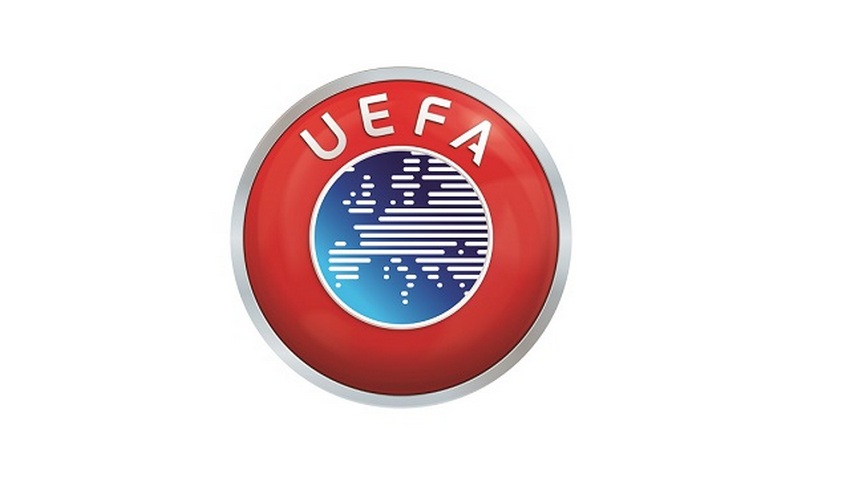UEFA steps up doping fight for new season
 UEFA will kick off the 2015/16 season with the strongest anti-doping programme ever seen in European football. This includes the introduction of the World Anti-Doping Agency’s (WADA) steroidal biological passport to improve the identification of steroid use; a strengthening of rules related to team and player whereabouts; long-term sample storage to permit the retrospective identification of prohibited substances; and a continuation of its comprehensive blood and urine in- and out-of-competition testing programme.
UEFA will kick off the 2015/16 season with the strongest anti-doping programme ever seen in European football. This includes the introduction of the World Anti-Doping Agency’s (WADA) steroidal biological passport to improve the identification of steroid use; a strengthening of rules related to team and player whereabouts; long-term sample storage to permit the retrospective identification of prohibited substances; and a continuation of its comprehensive blood and urine in- and out-of-competition testing programme.
This season will also see a more coordinated and intelligence-led programme than ever before, with UEFA establishing cooperation agreements with the National Anti-Doping Organisations (NADOs) of teams competing in the UEFA Champions League. So far, agreements have been signed with the NADOs of Germany, Netherlands, Spain, Belgium (Flemish), United Kingdom, Sweden, France and Italy, with more to follow as the programme expands across Europe. This cooperation will allow for more harmonised test distribution planning, will reduce unnecessary duplication of testing, and will facilitate the sharing of information relating to player biological profiles and intelligence data to identify potential doping.
In advance of the UEFA EURO 2016 tournament, UEFA will conduct the largest pre-tournament testing programme ever implemented. All players with the potential to be selected for participating teams will be subjected to testing from 1 January 2016 via UEFA’s annual programme, and via a co-ordinated programme with NADOs including the Agence Française de Lutte contre le Dopage (AFLD) in the host nation France. Teams will also be tested at squad meet-ups in advance of the tournament, and following their arrival in France. The tournament itself will see an advanced analytical blood and urine testing menu implemented at all matches, with the expanded 24-team format making it the largest programme to be conducted so far at a UEFA EURO tournament.
The chairman of the UEFA Medical Committee, Michel D'Hooghe, stated: “UEFA has always aimed to be at the forefront of efforts to keep football free from doping, and recent events in other sports have highlighted the importance of remaining ever vigilant and pushing for progress in all areas of our work. Although our doping statistics remain low amongst players in UEFA competitions, there can never be room for complacency, and UEFA remains committed to having a dynamic, multi-faceted and intelligence-led programme in which participating clubs and players can have the fullest confidence".
UEFA is also leading the way with its education programme. with a revised e-learning site currently in development; new player information leaflets for 2015/16; and the delivery of anti-doping education for the doctors of its 54 national anti-doping associations as part of the UEFA Football Doctor Education Programme workshop held in April 2015, and now to be rolled out to national associations via the UEFA 'cascading' process. UEFA conducts over 2,000 drug tests (combination of blood and urine) per season across all of its competitions.


